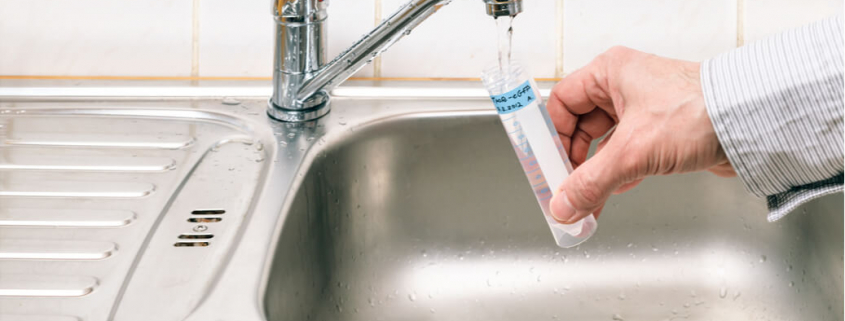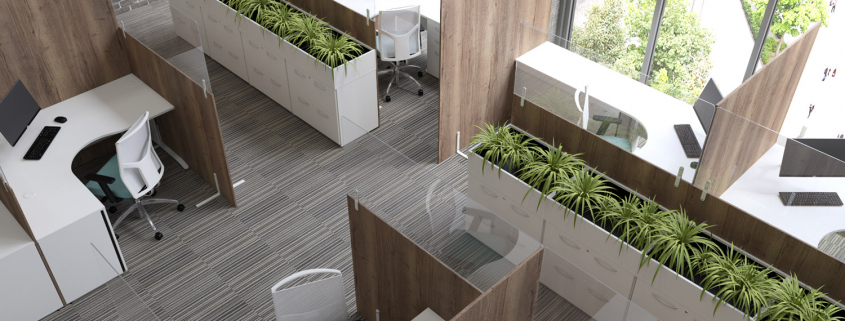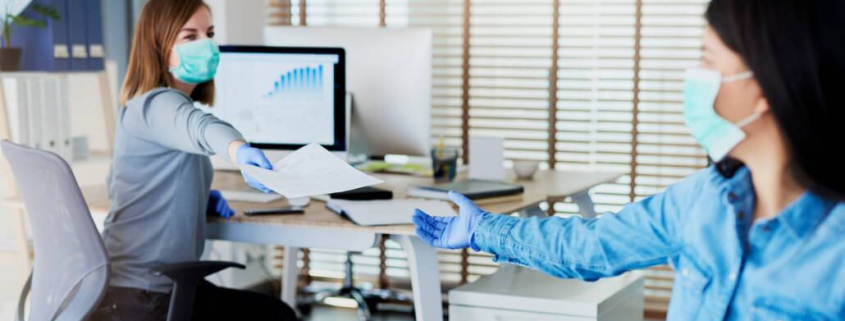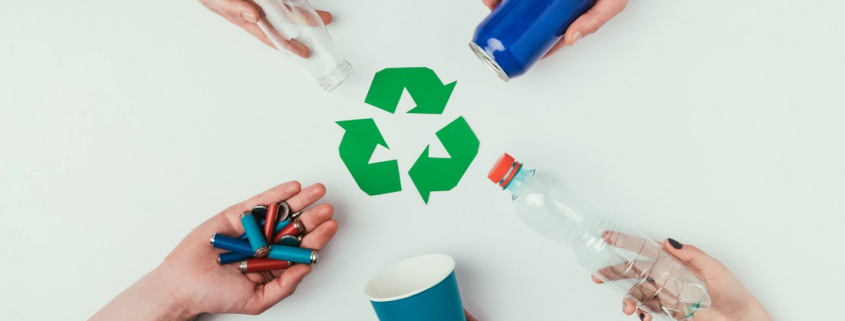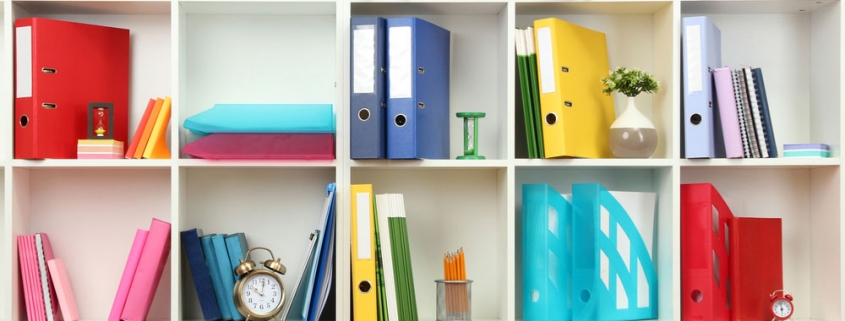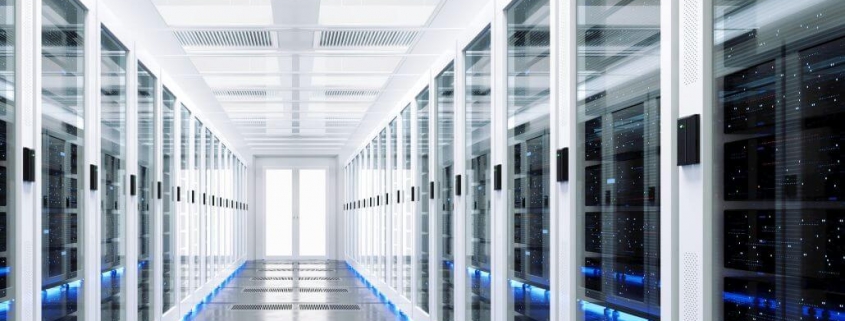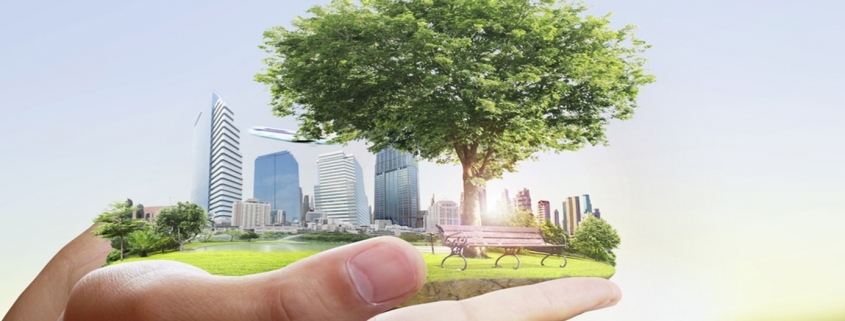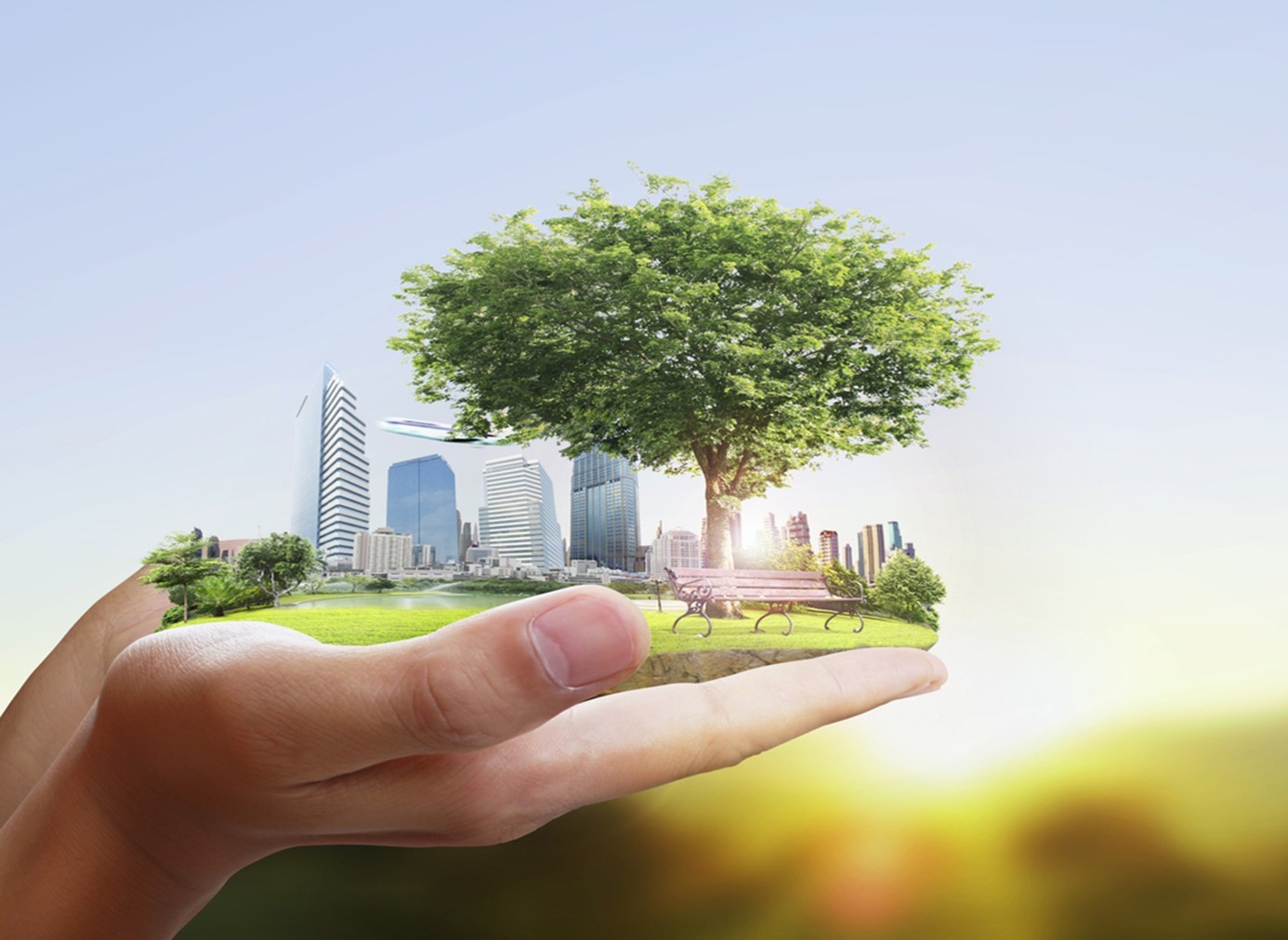Why is Legionella water testing important?
- What conditions enable the legionella bacteria to thrive?
- Have your business premises been closed during lockdown?
Under the Health & Safety Regulations your company must appoint someone to be responsible for preventing and controlling risks associated with legionella and ensuring adequate assessments are carried out. Often, this responsibility is outsourced to legionella water testing companies.
With so much attention currently directed to the Coronavirus, it is easy to lose sight of other risks, but this could be dangerous; the legionella bacterium is responsible for the potentially fatal Legionnaires’ Disease. The protection of your staff and customers from the risks of legionella is especially important if you are reopening your business after a break in trading. If there is air conditioning at your premises, legionella water testing will help you to maintain safety standards.
Legionella is a water-borne bacterium. When it is inhaled – usually in fine water droplets – it infects the lungs and results in Legionnaires’ Disease. Many outbreaks originate from air conditioning units, but in the commercial environment, people have also been infected by water from spa jacuzzi’s \ hot tubs and showers.
What conditions enable the legionella bacteria to thrive?
The optimal conditions that allow legionella to grow are stagnant water that is heated at an optimum temperature of between 20oC and 45oC. At lower and higher temperatures, the bacteria will be dormant; temperatures above 60oC will kill the bacteria. Where there is a regular flow of water, there is less risk from legionella because the bacteria do not have a chance to establish themselves. Stagnant water also collects waste materials and sludge which provide the bacteria with the nutrients they need to thrive.
Domestic properties are much less prone to the bacteria owing to the constant water use and the fact that hot water is heated above the highest temperature that the bacteria can remain active in. However, on a cautionary note, take care in the garden – especially during the summer months – as people have been infected with legionella bacteria that have had a chance to grow in warm, stagnant water in garden hoses and water butts.
Have your business premises been closed during lockdown?
If your workplace has been closed during lockdown, you may have inadvertently encouraged the perfect conditions for the legionella bacteria to thrive, with unused water pipes and air conditioning units heated by summer temperatures.
The recommended frequency that you need to do regular legionella water testing will depend on your company and risk assessment.
Don’t leave it to chance
Book your legionella water test today for peace of mind or perhaps to complete your Covid-19 risk assessment. We now offer a full range of services to protect your business from legionella, including legionella risk assessments, water testing, water system management, and water tank cleaning and disinfection.
Stay safe.

